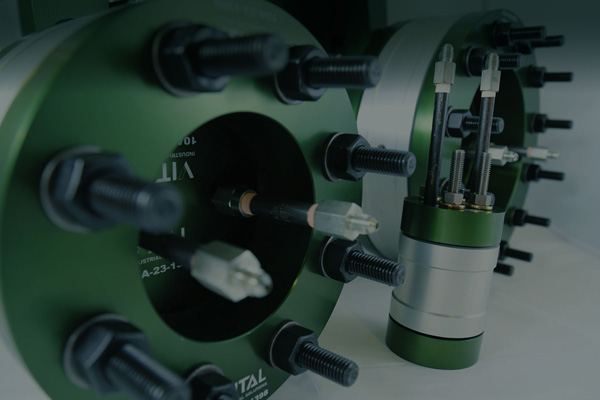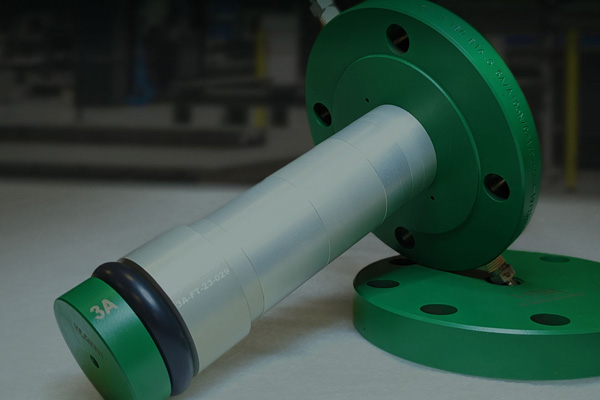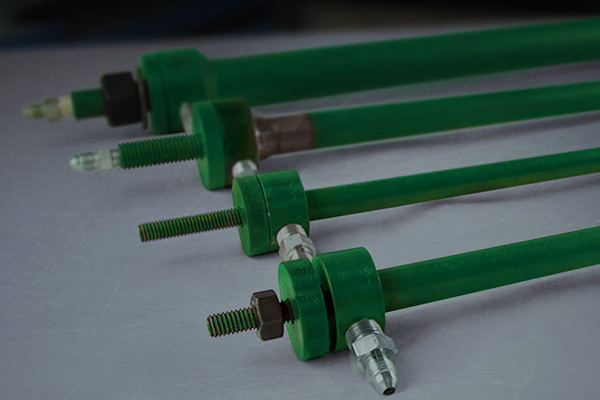Isolation & Testing
Why Do We Isolate Process Piping for Hot Work?
Over the years refiners and chemical manufacturers found it necessary to perform hot work on lines that may contain hydrocarbons. This presents some challenges as any sparks that come in contact with hydrocarbons mixed with the oxygen can and has caused catastrophic disasters.
Even cleaning the line to where no hydrocarbon exists has proven to be ineffective as the metal and scale, and solids in the pipe carry hydrocarbon that is constantly released into the pipe especially as the day goes on and the sun heats the piping system. The longer the system the more hydrocarbons that can potentially accumulate.
The solution to this issue has been evolving for decades starting with simple devices used in the 1800’s know as plumbers plugs. Plumbers plugs were simple to use and seemed to work until they didn’t. The results were that people were being killed by either a fire or a plug that was ejected from the line.
In the 1990’s most of the refineries had banned plumbers plugs from use at the facilities and other more effective ways were required to perform hot work on lines that contained residual hydrocarbons. Several plugs or venting plugs were developed and put into service with some degree of success.
The double block and bleed style of tools became the tool of choice as it was effective and if used correctly it eliminated any chance of a spark coming into contact with hydrocarbon from the piping system. And if proper procedures were followed the tools would not eject into the work area.
The problem became that the tools were difficult to install correctly and that someone practiced in the art (experienced) of installing the tool was required to be there.
The Vital SCIT (Self Centering Isolation Tool) changes this prospective.
The evolution of the “double block and bleed” is now very simple to install and most pipefitters or industrial technicians can install the tools with relative ease and efficiency.




